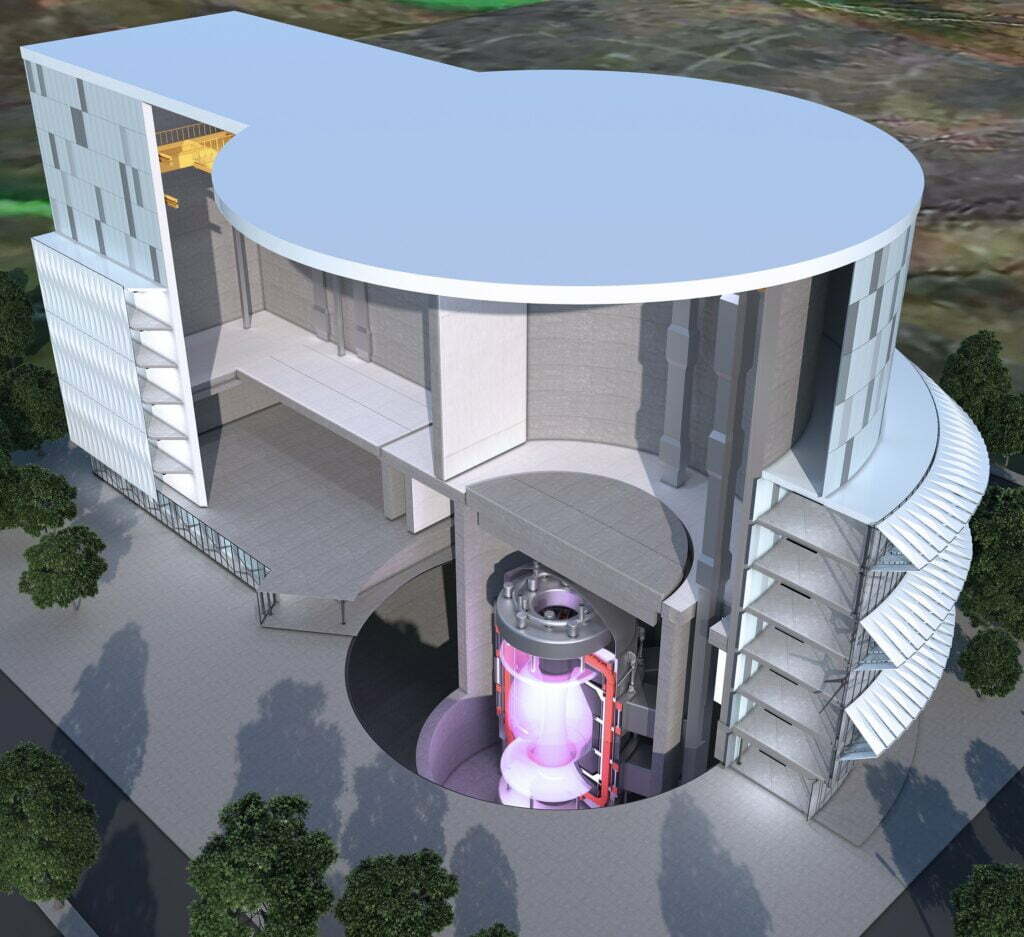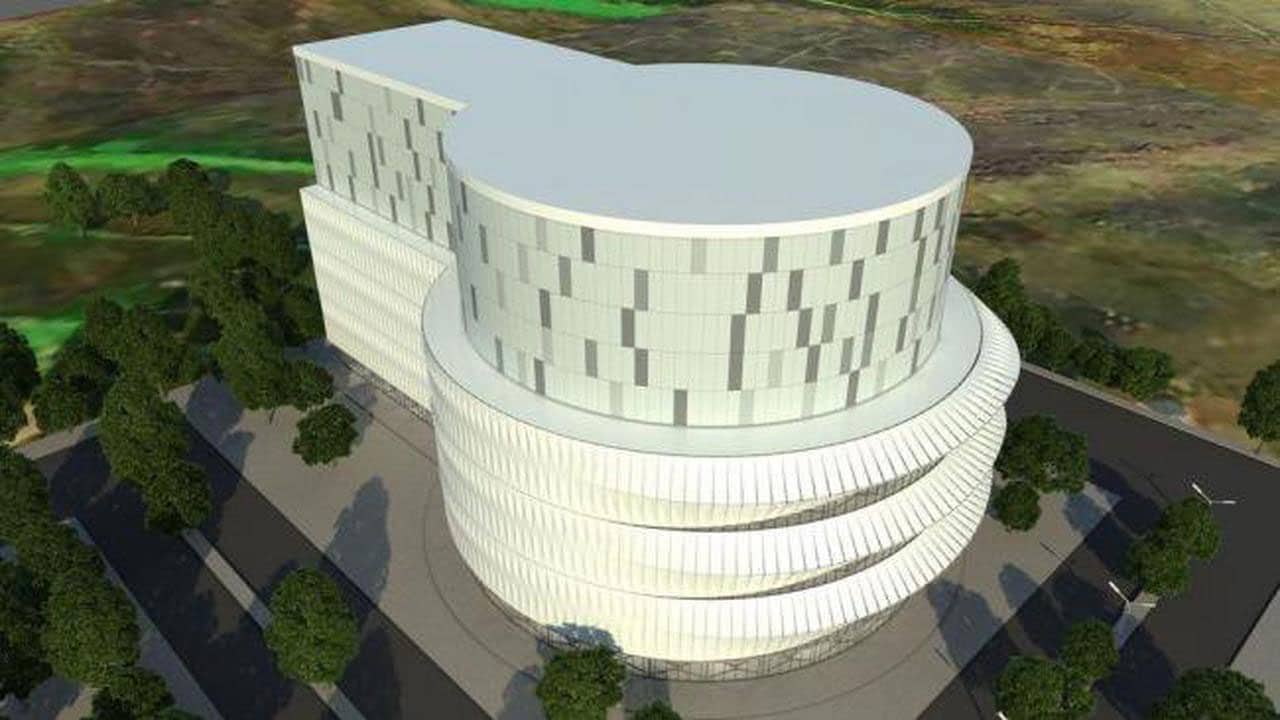The British government has chosen the site of the first commercial nuclear fusion reactor, which in fact will also be the first in the world. The chosen site is in the Midlands, in central England, at the West Burton Power Station in Nottinghamshire.
The construction of the nuclear fusion energy plant “STEP” (Spherical Tokamak for Energy Production) should be built by 2040, but in the development plan presented this week, the UKAKEA (UK Atomic Energy Authority) expresses its intention to forge ahead. The 220 million pounds allocated for the first phase will lead to a concept design of the plant within the next two years.
Nuclear fusion energy, the great race
The plants for obtaining fusion energy are based on the same physical reactions that power the sun and the stars: light atomic nuclei combine to release large amounts of energy. This technology has enormous potential: it can provide the planet with safe, sustainable and low-emission energy for future generations.
So far, it must be said, the efforts have been enormous. The whole world is slowly and hardly developing this technology, but the road seems to have been drawn.
At least that's the thought of Jacob Rees Mogg, UK Business Secretary. At the recent Conference of the British Conservative Party he declared, not without emphasis:
The plant will be the first of its kind, built by 2040 and capable of feeding energy into the grid and, in doing so, will demonstrate to the world the commercial viability of fusion energy.

A total change
According to the government English, with the STEP program the construction and operation of the fusion power plant will create thousands of high-tech jobs. In addition, other high-tech industries will be attracted to the region, promoting the development of science and technology capabilities at the national level.
Both companies and universities have contacted the UKAEA to establish a partnership: the program will immediately begin developing apprenticeship programs in the area.
I'm a bit skeptical about the exact timing, but it's worth the wait: so much that we have to do for the next 18 years?


